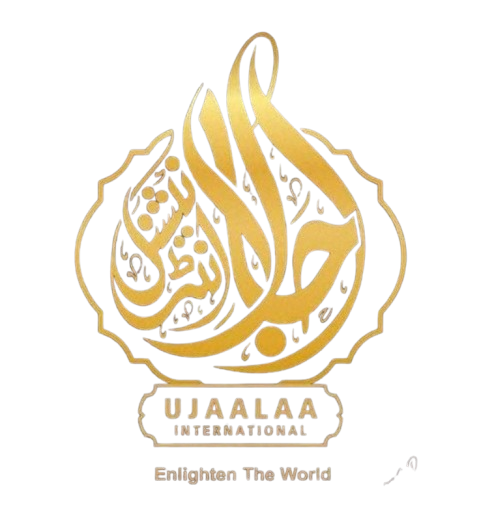The Role of Islamic Education in Character Building
Islamic education is more than just learning religious texts—it is a way of life that shapes young minds with values of honesty, patience, respect, and compassion. By integrating Quranic teachings, Hadith, and Islamic ethics, children develop a strong moral foundation that guides them through life’s challenges.
At Ujala International, we believe in nurturing the next generation with ethical values and spiritual wisdom to create responsible and compassionate individuals.
Core Moral Values Taught Through Islamic Education
1. Honesty and Truthfulness
✔ Islam emphasizes speaking the truth and being trustworthy.
✔ The Prophet Muhammad (PBUH) was known as Al-Sadiq (The Truthful) and Al-Amin (The Trustworthy).
✔ Quranic verse: “And do not mix the truth with falsehood or conceal the truth while you know [it].” (Surah Al-Baqarah 2:42)
2. Patience and Perseverance
✔ Islam teaches youth to remain patient in difficult situations.
✔ Patience builds strong character and emotional resilience.
✔ Quranic verse: “Indeed, Allah is with the patient.” (Surah Al-Baqarah 2:153)
3. Respect for Parents and Elders
✔ The Quran commands children to treat their parents with kindness and humility.
✔ Youth learn to respect teachers, elders, and authority figures.
✔ Quranic verse: “And We have enjoined upon man [care] for his parents…” (Surah Al-Ahqaf 46:15)
💡 Want to instill these values in children? Explore our educational services.
How Islamic Schools Shape Youth Morality
1. Quranic Studies and Reflection
✔ Learning the Quran develops wisdom and ethical thinking.
✔ Reciting and understanding Tafsir (interpretation) helps children apply Islamic principles in daily life.
2. Practical Implementation of Sunnah
✔ Following the Prophet Muhammad’s (PBUH) lifestyle fosters kindness, humility, and self-discipline.
✔ Acts like helping the needy, sharing, and being just become habits in daily life.
3. Islamic Social Values in Schools
✔ Group learning encourages teamwork and respect.
✔ Youth practice modesty, charity, and fairness in their interactions.
💡 Support Islamic education for young minds by donating at Ujala International.
Challenges in Implementing Islamic Education
1. Influence of Modern Culture
✔ Exposure to social media and external influences can dilute Islamic values.
✔ Schools must balance modern education with Islamic teachings.
2. Lack of Access to Quality Islamic Learning
✔ Many families struggle to find structured Islamic education programs.
✔ Organizations like Ujala International aim to bridge this gap.
3. Youth Engagement with Religion
✔ Many young people find religious studies less engaging.
✔ Using interactive learning methods and real-life applications can make Islamic education more appealing.
💡 Want expert guidance on incorporating Islamic education at home? Reach out to Ujala International.
Final Thoughts
Islamic education is the key to shaping morally strong, responsible, and compassionate youth. By integrating Quranic wisdom, Sunnah, and ethical values, we can empower the next generation to lead with integrity and faith.
✨ Join the mission to promote Islamic education! Learn more at Ujala International.

